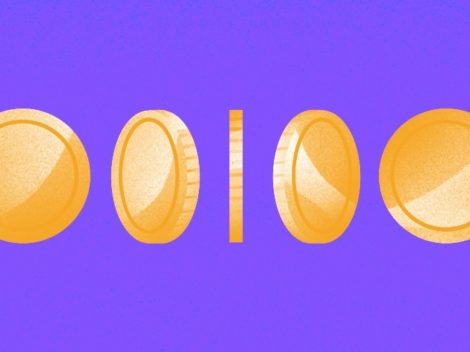Global venture investment last year was about $314 billion, up by only about 3% compared to 2023 and still below 2018 and 2020 amounts, according to Crunchbase data. Funding remained tight, and early-stage founders often felt compelled to accept offers from the first generous business angel they encountered.

However, these investors often propose unfavorable contract terms that can harm the startup’s long-term prospects. With a decade of experience in venture capital, I’ve witnessed countless promising startups hindered by toxic deal terms from early-stage investors.
I’ll share my insights on how to identify toxic investors, why they should be avoided, and how to find the right investor for your business.
Where toxic investors come from and how to spot them
Toxic business angels often come from entrepreneurial backgrounds and try to impose their market knowledge and experience on startups. For example, they may try to lock down all risks, unwilling to accept that in venture capital it is simply impossible.
Here are some common demands that signal a toxic investor:
Buying 35%-40% of a startup at an early stage. Both business angels and founders must remember: The founder in business is always first, while a portfolio investor plays a secondary role and shouldn’t control the project. At the pre-seed stage, an investor’s share typically ranges from 10%-15%, and by Series A it often drops to around 7%.
Requiring a refund if the startup fails. Some investors may require founders to guarantee the return of funds even if the startup fails. Toxic investors often push to include this clause in contracts, even though standard templates don’t provide for it.
Buying additional equity at a fixed price after a certain period. Such an investor seeks to reserve the right to purchase additional shares, for example, a year later, at the same valuation in which they originally invested, even if the startup’s value increases three- to fivefold during that time.
Seeking too much control. Toxic investors attempt to micromanage startup expenses and founder decisions, demanding detailed reports. This documentation may differ from what the startup provides to other investors, and spending resources on its preparation will create an additional strain on the business.
Why toxic investors should be avoided
Every startup already has a dozen potential reasons for failure, and a toxic investor can add three or four more to that list. That’s why founders must remain vigilant about the risks of such partnerships.
It becomes difficult to attract investors in future rounds. I avoid projects in which a single investor holds a 30%-40% stake because it compromises the founder’s decision-making autonomy. The same applies when a founder agrees to lock in the investor’s equity price. This setup shifts financial burdens onto later investors who must pay significantly higher prices for shares in subsequent rounds.
The founder and the team may lose motivation. The startup has many rounds ahead. Receiving a large amount of funding at the pre-seed stage from a “generous” investor can cause the team to relax and burn through funds inefficiently. This is also further fueled by the diluted share in the business — founders realize their stake will shrink even more in future rounds.
Conflicts with investors may arise. An investor focused on securing guarantees to make a profit might pressure the founder into making strategic decisions. This can be detrimental to a young business. Founders understand their projects better than anyone else and bear full responsibility for their growth. Unlike toxic investors, smart investors offer guidance, share advice and help founders avoid mistakes — but they never impose their will.
Murat Abdrakhmanov is a venture investor and serial entrepreneur. In his 30-plus years in the tech business, he has been fortunate to build dozens of successful projects, and in his decade’s worth of experience as a venture investor he has been lucky to invest in 52 innovative startups. In total, he has invested about $25 million in startups and has had more than 10 successful exits.

Stay up to date with recent funding rounds, acquisitions, and more with the Crunchbase Daily.





![Illustration of a guy watering plants with a blocked hose - Global [Dom Guzman]](https://news.crunchbase.com/wp-content/uploads/quarterly-global-3-300x168.jpg)
67.1K Followers